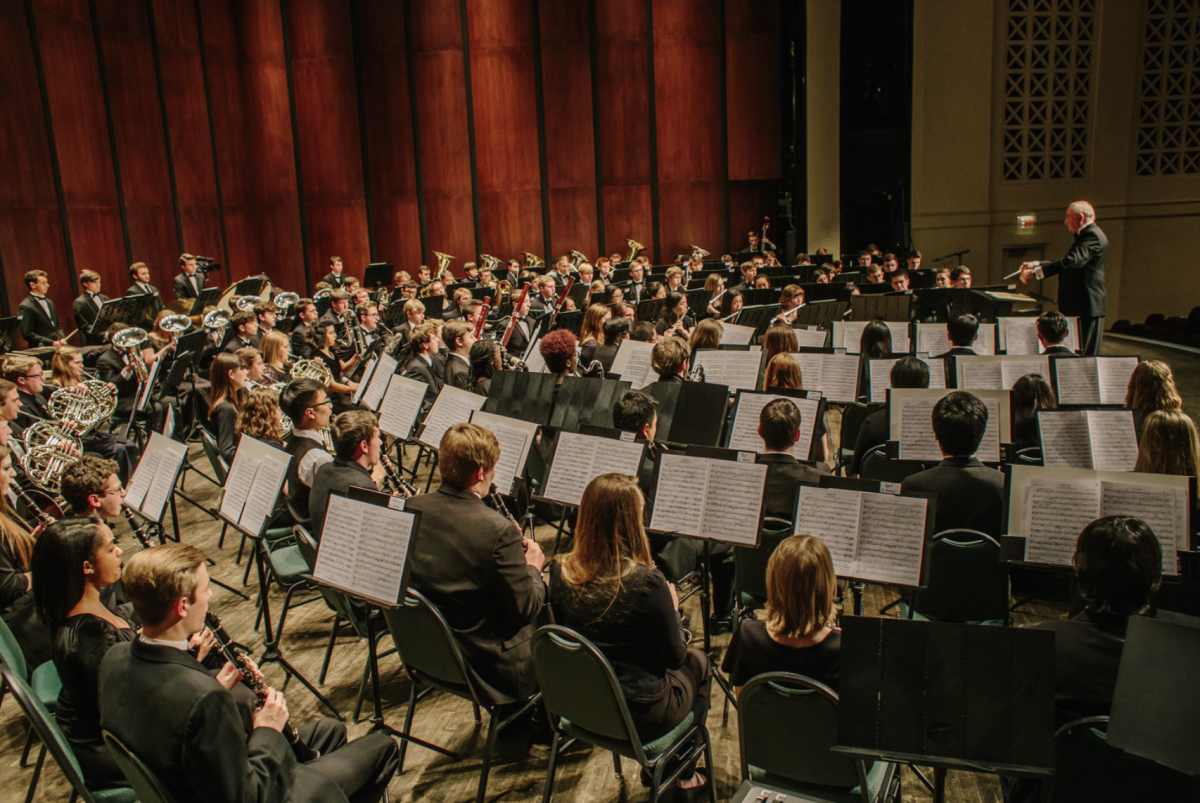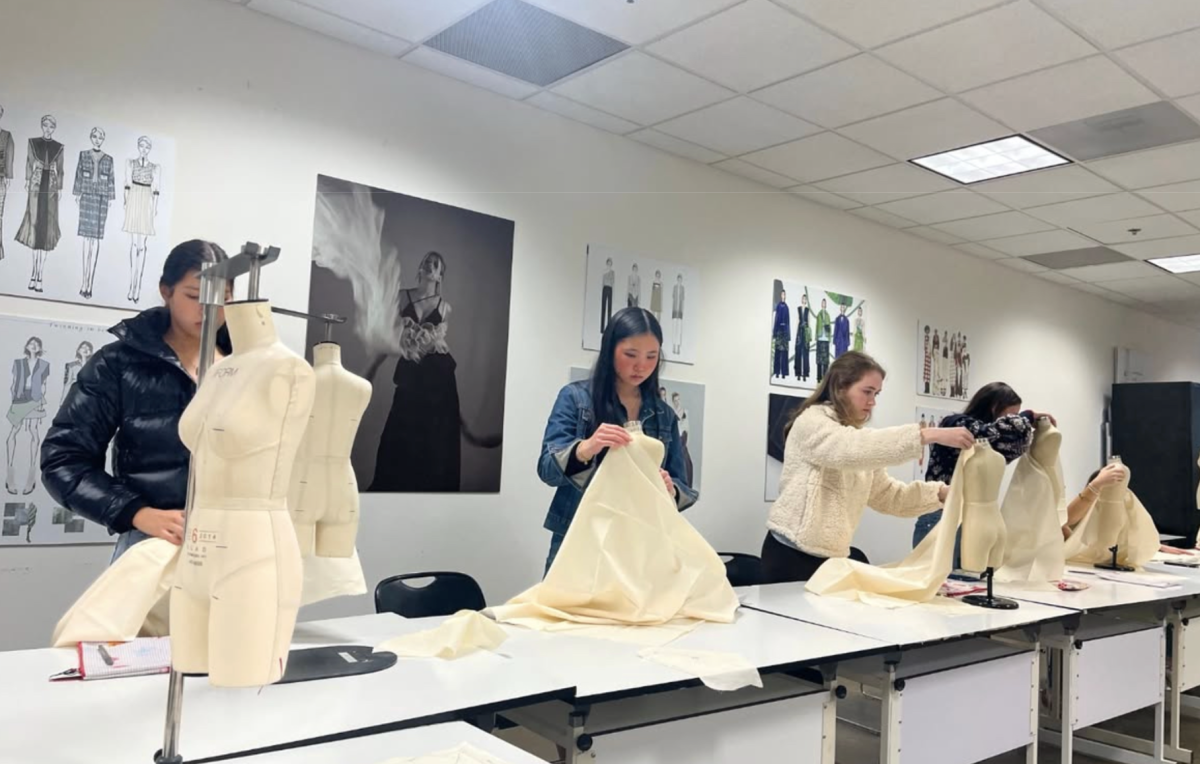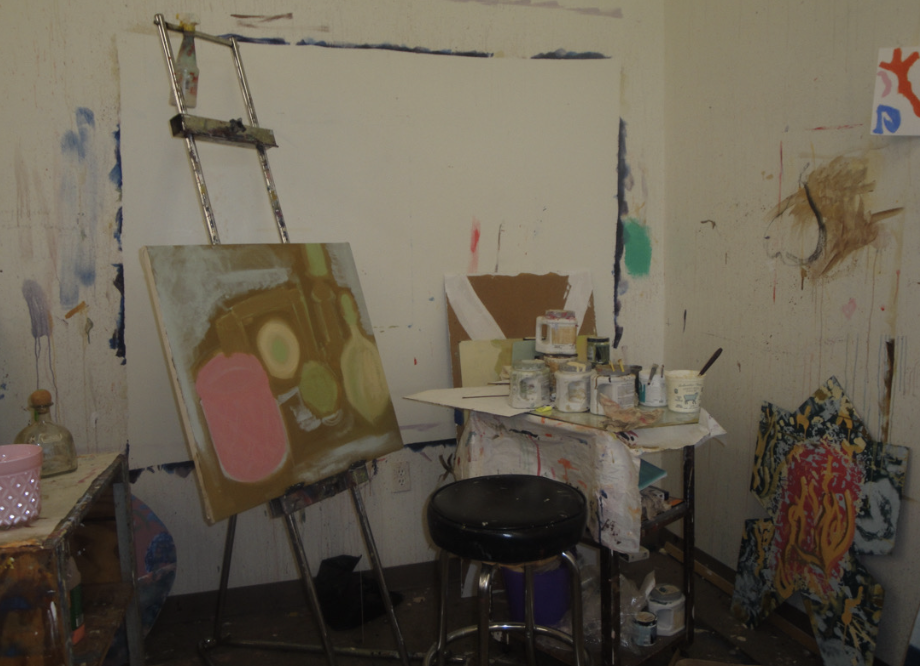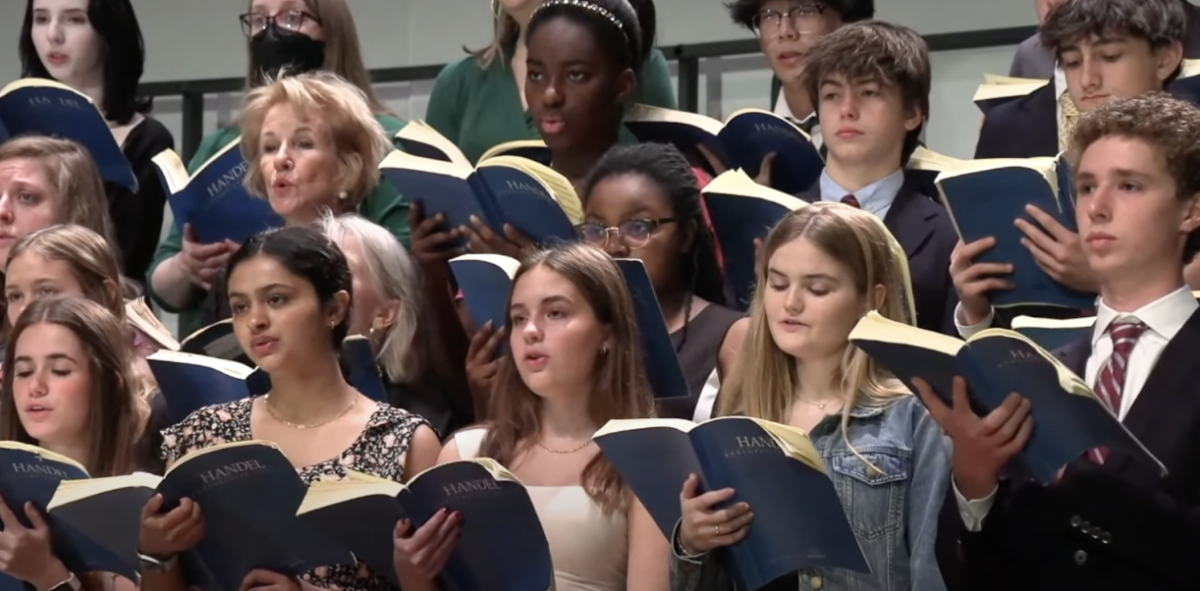On Feb. 29, thousands of musicians traveled to Athens, Georgia to display their musical prowess in the GMEA All-State Program auditions, competing for one of just a few hundred spots in the final orchestra, band, and chorus.
The GMEA, Georgia Music Educators Association, is a branch of the National Association for Music Education. Once a year, they host a musical audition program to find Georgia’s strongest and most talented players in middle and high school. The process consists of two rounds of auditions: the first contains specific pieces, scales, sight-reading, etc. for participants to be graded on, whereas the second judges the pieces that musicians play from their own repertoire. During this time, the most elite of our state’s contenders are chosen and given the opportunity to perform in a final group composed of pure skill and dedication.
“Students have to really learn their skill sets and have to work hard to actually compete. One… really has to study,” said Upper School orchestra director Joli Wu.
Wu states that adding these abilities to a young musician’s skill set early-on helps tremendously, whether or not they choose to follow their musical passions into a career. However, the audition process is time-consuming and difficult: students must start preparing two to three months prior to each round of auditions. Prospective performers must practice their requirements for each round, resulting in high commitment for the chance to make it in.
“Building confidence and familiarity with music auditions and the audition materials help to prepare students for ‘college-level-type’ of auditions,” said Upper School band and orchestra teacher Brianna Slone.
According to Slone, Westminster students are given time to practice with one of the many fantastic music teachers at school, and during their time in preparation, it is similar to having their own private music teacher. Students are pulled out of class to practice with teachers, ensuring improvement and practice.
In addition to being supported in their musical education by receiving a music teacher for growth in their instruments, all students auditioning have their audition fees covered by the Upper School music department. Westminster attempts to give the best preparation for students who are choosing to try out.
Despite the extent of practice, there still remains an additional challenge in setting oneself apart from the other musicians who practice the same instruments. Certain instruments, like violin or percussion, for example, are more competitive because of the sheer amount of people who practice them, whereas viola and bass have higher chances of succeeding in their path to a spot in the final ensembles. While this adds in an extra hurdle for some, the exhilarating competition can be one of the favorite features of the program for students.
“There is a long audition process, and it’s a large commitment, but the progress and reward makes it worth the time,” said All-State violinist and freshman Olivia Wei.
The reward that Wei mentions not only adds one’s name to the thousands of past ones who have also excelled, but also the experience of honing their skills and expanding their artistic range is an opportunity that can’t be passed up.
Yet, students gain more than growth in their ability. For hours each day, students who have earned a place in the final ensemble are given time to meet and socialize with the students that also snagged a spot. Slone reminisces that she continues to keep in touch with fellow musicians whom she met many years before at the days of practice and performing at the All-State showcase.
Among all the teachers and students involved in the All-State process, one aspect remained clear for all musicians who are unsure or intimidated about the audition: just give it a shot! Wu and Slone both emphasize that it is far more valuable to a musician’s career to try out because of all the knowledge and experience that a musician will gain on their journey from their first note.
This year’s GMEA All-State Band was held in Athens, Georgia from Feb. 29 to March 2.
Edited by Alexandra Yuan





